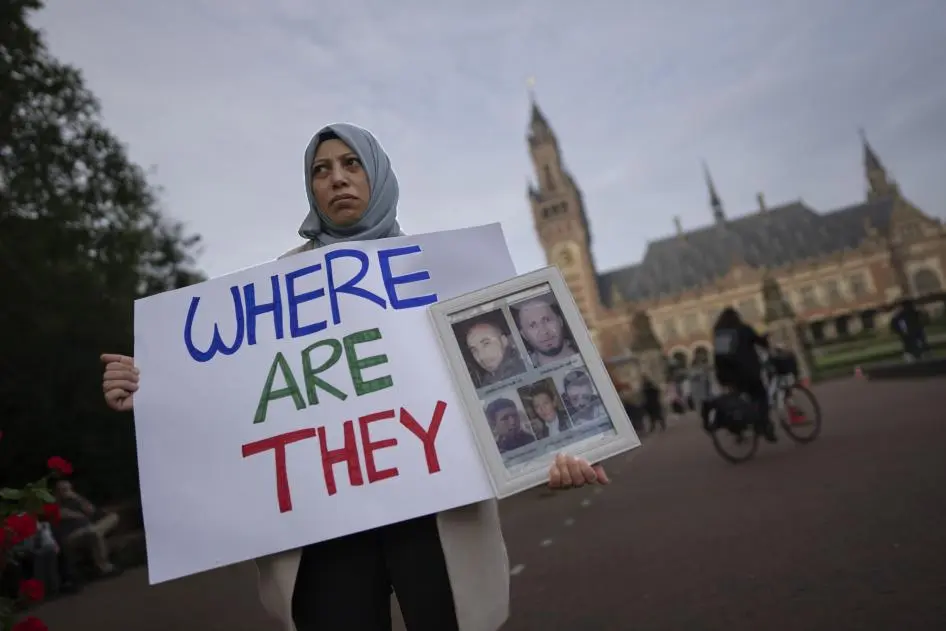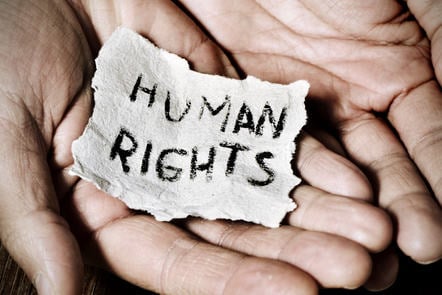Human rights issues have a profound impact on diplomatic relations between countries. As nations strive to uphold and promote human rights, they often encounter complex challenges that can influence their international interactions. This article explores how human rights issues affect diplomatic ties, examining the implications for international relations, the role of international organizations, and the strategies countries use to address these challenges.
The Influence of Human Rights Issues on Diplomatic Relations
1. Diplomatic Tensions
Human Rights Violations:
Countries accused of serious human rights violations often face diplomatic isolation and condemnation from the international community. Allegations of abuses, such as torture, arbitrary detention, or suppression of free speech, can lead to strained diplomatic relations and reduced cooperation.
Sanctions and Restrictions:
In response to human rights violations, countries may impose economic sanctions, travel bans, or other restrictions on the offending nation. These measures aim to pressure the government to address the issues and align with international human rights standards.
Public Pressure and Advocacy:
International advocacy and public pressure can exacerbate diplomatic tensions. Human rights organizations, media, and civil society groups may spotlight abuses, influencing public opinion and prompting governments to take a stand against the offending nation.
2. Diplomatic Engagement and Cooperation
Human Rights Dialogue:
Some countries engage in diplomatic dialogue to address human rights issues constructively. Bilateral and multilateral discussions can lead to agreements on human rights reforms, technical assistance, and capacity-building efforts.

Collaboration on Human Rights Initiatives:
Nations may collaborate on international human rights initiatives and programs, working together to promote and protect human rights globally. Joint efforts, such as support for UN human rights mechanisms or development aid, can enhance diplomatic relations.
Strategic Partnerships:
Countries may prioritize human rights in their foreign policy to build strategic partnerships. By aligning with countries that share similar values, they can strengthen diplomatic ties and work together on global challenges.
The Role of International Organizations
1. United Nations
Human Rights Council:
The UN Human Rights Council plays a central role in addressing human rights issues and promoting accountability. Its reports and resolutions can impact diplomatic relations by drawing attention to abuses and recommending actions.
Sanctions and Resolutions:
The UN Security Council and General Assembly may impose sanctions or pass resolutions related to human rights violations. These measures can affect the targeted country’s diplomatic standing and international relations.
Human Rights Treaties:
International human rights treaties, such as the International Covenant on Civil and Political Rights, establish legal obligations for member states. Compliance with these treaties influences diplomatic relations and international credibility.
2. Regional Organizations
European Union:
The EU’s human rights policies influence its relations with other countries. The EU often links trade agreements and diplomatic engagements to human rights considerations, impacting the nature of its partnerships and negotiations.
African Union:
The African Union (AU) addresses human rights issues within the African continent through its Human Rights Charter and peacekeeping missions. The AU’s approach to human rights can shape regional diplomatic relations and cooperation.
Organization of American States:
The Organization of American States (OAS) promotes human rights and democracy in the Americas. Its efforts to address human rights issues can influence diplomatic relations among member states and with external partners.
Strategies for Addressing Human Rights Issues in Diplomacy
1. Promoting Human Rights Diplomacy
Public Diplomacy:
Countries use public diplomacy to promote human rights values and highlight their commitment to international standards. Public statements, diplomatic outreach, and cultural exchanges can reinforce a nation’s stance on human rights.
Humanitarian Aid and Support:
Providing humanitarian aid and support to countries facing human rights challenges can improve diplomatic relations. By addressing immediate needs and contributing to long-term development, countries can build goodwill and cooperation.
Human Rights Training:
Offering training and technical assistance to governments and civil society organizations helps address human rights issues. Capacity-building initiatives can foster positive changes and enhance diplomatic relations.
2. Balancing Interests and Values
Strategic Interests:
Countries often face the challenge of balancing human rights values with strategic interests, such as economic ties or security cooperation. Diplomats must navigate these complexities to maintain productive relations while addressing human rights concerns.
Constructive Engagement:
Adopting a constructive engagement approach allows countries to address human rights issues while maintaining diplomatic relations. This involves working collaboratively with the offending nation to encourage reforms and improvements.
Conditional Diplomacy:
Conditional diplomacy involves linking diplomatic or economic benefits to progress on human rights. This approach can incentivize positive changes while managing the impact on diplomatic ties.
Conclusion
Human rights issues play a significant role in shaping diplomatic relations between countries. They can lead to tensions, sanctions, and public pressure, impacting the nature of international interactions. However, human rights issues also present opportunities for constructive engagement, cooperation, and strategic partnerships. By addressing these challenges thoughtfully and balancing values with interests, countries can navigate the complexities of human rights diplomacy and contribute to a more just and equitable global order.

